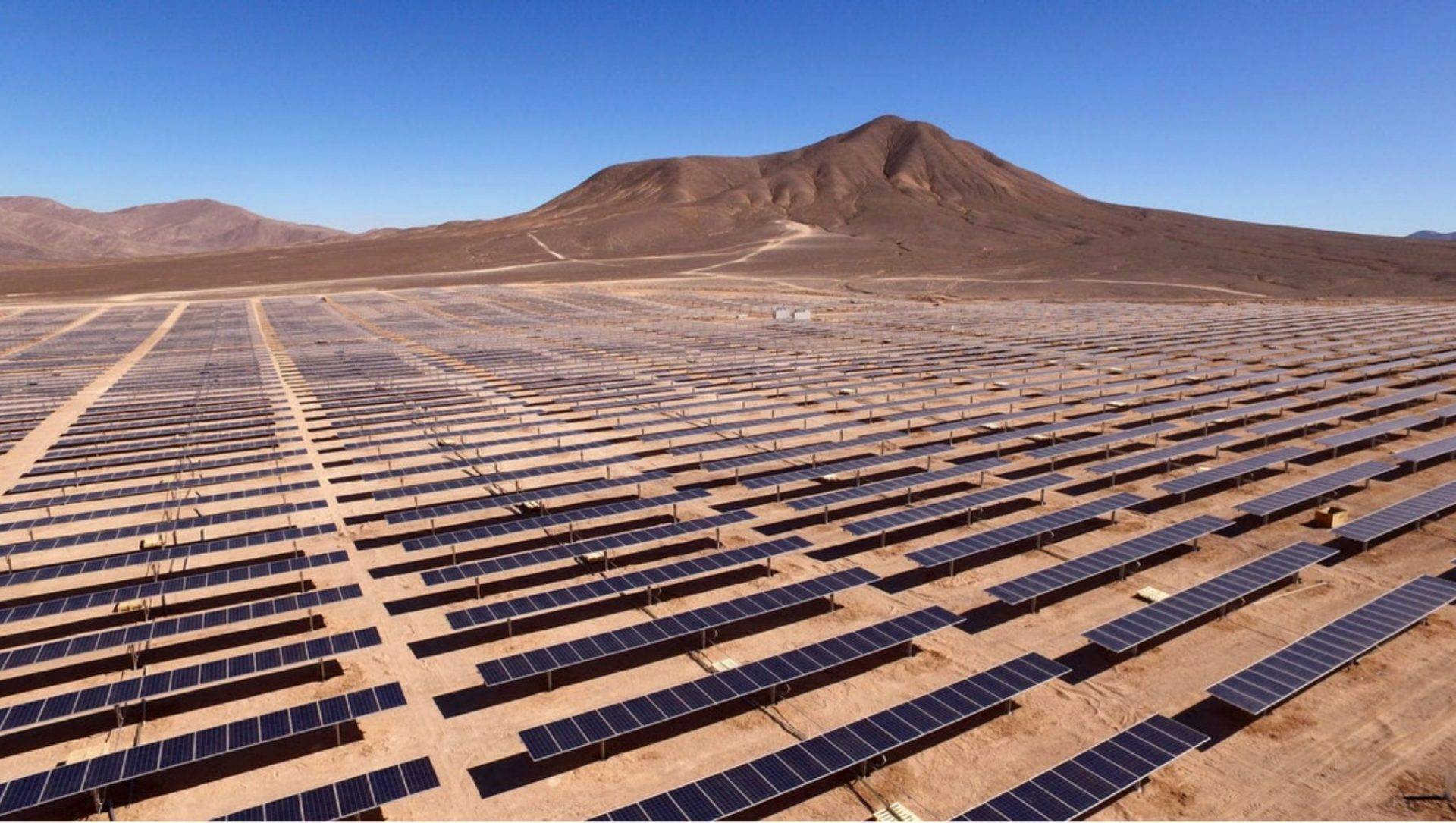Togo Makes The First Move in Africa For Lowering The Solar Energy Costs

Less than a fifth of Togo’s rural population lack access to electricity, a major stumbling block that has hindered them from achieving tangible development.
In an attempt to solve this problem, the government of Togo through a solar system manufacturer, BBOXX will offer a subsidy to be spent on solar energy. This move will mark the first government subsidy for the purpose of solar energy payments in Africa.
In a joint statement with BBOXX, Togo’s energy minister Marc Ably-Bidamon said, “Access to electricity is a basic need and the government of Togo is committed to achieving 100 percent access for all … by ensuring that no one is left behind.”
The subsidy by Togo government will help lower the cost of the hardware plus installation making it cheaper for Togo citizens who will now cater for the cost of energy consumption.
Christened the “CIZO Cheque”, homes with BBOXX solar home systems will be given a monthly subsidy USD 4 over a three-year period.
The initiative will first focus on 11 regions of Togo with the lowest electrification rates. By doing this the Togolese government envisions to lighten the world of millions of its citizens who are in the dark through a project dubbed ‘electrification strategy’. The project aims to reach 50 percent of Togo’s 7.5 Mn population by 2020, 75 percent by 2025 and universal electricity access by 2030.
A report conducted earlier by AfDB reveals that the electricity access rate in Togo is 28 percent, a figure way below the West African average of 40 percent. Both the urban and rural dwellers struggle accessing electricity as well as low voltage.
To make this a reality, the government revealed earlier that it would partner with private investors to build 300 mini solar plants across the country and distribute solar kits to 500,000 households.
In line with World Bank’s recommendations on how to extend electricity to millions of Africans, the government scrapped off the 30 percent tariff on solar kits. This subsidy will coax more people to opt for clean solar energy as opposed to kerosene.
Mansoor Hamayun, CEO and Co-Founder of BBOXX gave his sentiments, “This pioneering initiative is a major stride forward in tackling a key obstacle to achieving universal electrification in Africa – this being USD that many customers are still living in poverty. Overcoming energy poverty is the first step in overcoming poverty as a whole – access to electricity brings people into the digital economy and fosters financial inclusion.
“This innovative solar subsidy is a key component along the path to achieving 100% electrification at scale and will have a positive knock-on effect to the wider Togolese economy. Access to clean, reliable and affordable electricity has transformation benefits for individuals, communities and SMEs as electricity provides the basic pre-requisite for access to all other modern amenities.”
He further stated that access to clean electricity for everyone is an effectual way to counter global warming adding that with partnerships from the private sector, good regulation and public policy, he is confident that come 2030, all the goals will be achieved.
BBOXX is a company that designs, manufactures, and distributes plug and play solar systems. It has its headquarter in the EU. The company started its operations in Togo in December 2017.
Togo’s Efforts to improve power sector’s performance got a World Bank backing earlier in 2017. The World Bank approved a USD 35 mn to support the country’s investments in the energy sector.